JGI at 25: The Human Genome Project, or the JGI’s Origin Story
JGI at 25 revisits our contributions to the Human Genome Project, and our origins in DOE bringing together the people and resources from three national labs. [Read More]
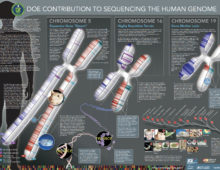 JGI at 25 revisits our contributions to the Human Genome Project, and our origins in DOE bringing together the people and resources from three national labs. [Read More]
JGI at 25 revisits our contributions to the Human Genome Project, and our origins in DOE bringing together the people and resources from three national labs. [Read More]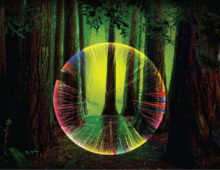 JGI at 25 charts the development of single cell genomics from proof of principle to a crucial tool for mapping microbial diversity. [Read More]
JGI at 25 charts the development of single cell genomics from proof of principle to a crucial tool for mapping microbial diversity. [Read More]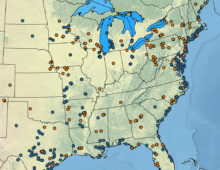 In the following guest piece on a recent PNAS article, researchers describe the costs associated with switchgrass adaptations to expand its habitat range. [Read More]
In the following guest piece on a recent PNAS article, researchers describe the costs associated with switchgrass adaptations to expand its habitat range. [Read More]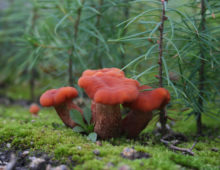 As part of JGI’s 25th anniversary, a look back on the first genome sequence of a mycorrhizal fungus, Laccaria bicolor. [Read More]
As part of JGI’s 25th anniversary, a look back on the first genome sequence of a mycorrhizal fungus, Laccaria bicolor. [Read More] Rhondene Wint’s summer project through the JGI-UC Merced internship program grew into a three-year research endeavor, resulting in a recent publication. [Read More]
Rhondene Wint’s summer project through the JGI-UC Merced internship program grew into a three-year research endeavor, resulting in a recent publication. [Read More]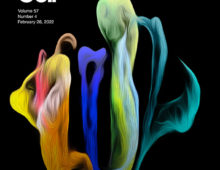 Researchers have developed an atlas that maps gene expression patterns in the Arabidopsis root from single root cell profiles. [Read More]
Researchers have developed an atlas that maps gene expression patterns in the Arabidopsis root from single root cell profiles. [Read More] Jane Grimwood was named the Loretta Purdy Spencer Chair in Genomics at the HudsonAlpha Institute for Biotechnology. Co-director of the HudsonAlpha Genome Sequencing Center, she also heads the JGI Library Construction group. [Read More]
Jane Grimwood was named the Loretta Purdy Spencer Chair in Genomics at the HudsonAlpha Institute for Biotechnology. Co-director of the HudsonAlpha Genome Sequencing Center, she also heads the JGI Library Construction group. [Read More]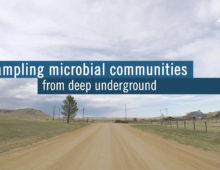 Microbiome researchers Mike Wilkins and Kaela Amundson at Colorado State University are studying microbial ecosystems deep underground. [Read More]
Microbiome researchers Mike Wilkins and Kaela Amundson at Colorado State University are studying microbial ecosystems deep underground. [Read More]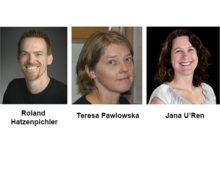 Roland Hatzenpichler, Teresa Pawlowska, and Jana U’Ren have joined the JGI User Executive Committee (UEC). [Read More]
Roland Hatzenpichler, Teresa Pawlowska, and Jana U’Ren have joined the JGI User Executive Committee (UEC). [Read More]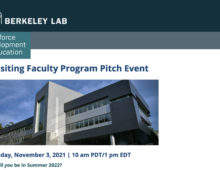 JGI hosts pitch session for current faculty to identify and collaborate on research proposals for the 2022 DOE Visiting Faculty Program. [Read More]
JGI hosts pitch session for current faculty to identify and collaborate on research proposals for the 2022 DOE Visiting Faculty Program. [Read More]